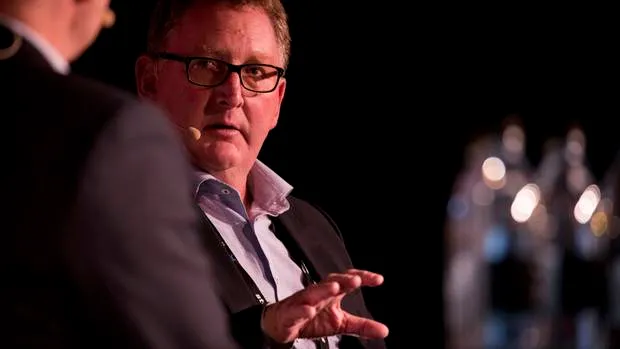Table of Contents
In an attempt to stimulate a flagging economy, Adrian Orr cut the Official Cash Rate (OCR) by 50 percentage points in August, with a message to everyone to go out, borrow more money and spend up large. It is unclear why Orr thought a 50 point cut would stimulate the economy, when we have enjoyed record low interest rates for a decade. Anyone who has bought a house for the first time since 2008 will have never experienced interest rates above 5%, and even though millennials have had fingers wagged at them, warning of the horrors to come when interest rates inevitably rise, interest rates just seem to go lower and lower. When a client interview revolves around whether or not they should break their fixed rate at 4.15% to take advantage of the new low rate at 3.85%, you know something is not quite right somewhere. Such is the world we live in now… although no one seems to know why exactly it is so. We seem to have reached a new normal, although ‘normal’ does not seem to be quite the right word.
Unfortunately, Orr’s hopes for a stimulated economy have fallen both on deaf ears and flat on the ground, as the economy continues to grow weaker; business confidence is in freefall and all of the indicators suggest that we will be in recession next year. Predictions for growth rates vary, but the heady days of 4% growth per annum are long behind us. We are in a period of economic weakness and instability, and things will get worse before they get better.
As a result, the banks are expecting that the OCR will be cut further.
Last week, both of the main business confidence surveys in NZ flagged that the NZ economy risks losing even more momentum than it already has. Despite the RBNZ’s double-barrelled shot at revving up the economy, the collective sum of events of the past few months has made businesses less confident in their outlook and less keen on making investment commitments. Further weakness in business confidence points to yet more easing from the RBNZ to try and prop the economy up. We now expect the RBNZ to cut the OCR by a further 25bp in February next year, in addition to the 25bp cut we expect to see in November, taking the OCR down to 0.5%, and coincidentally in line with where we see the Australian cash rate getting to. There will be debate over whether the November OCR decision will be another 50bp cut rather than ‘just’ 25bp. However, given the August 50bp cut seems to have spooked businesses and households alike, sticking to 25bp moves may be strategically better.
ASB ECONOMIC WEEKLY
In other words, Orr made a catastrophic error and rather than stimulate the economy, he has spooked it even further. As a result, we do not expect another 50 point cut, but we do expect the OCR to be cut further and further… at a slower rate.
But what does this tell us about our economy right now? And where exactly does this leave those who are on the other side of the equation – depositors who are relying on interest to bolster their incomes?
We are not alone, of course. The whole world is struggling with low inflation right now. It seems like a crazy thing to say when house prices are consistently through the roof, power prices increase every year, insurance premiums have increased by 25% this year alone, and rates go up and up with seemingly no control. The cost of everything increases year after year, but… inflation is through the floor? How can that be?
It seems to be because the traditional ‘basket of goods’ that is used to calculate inflation does not include the cost of existing housing… only new housing. Knowing how much trouble we are having building new houses (thanks, Kiwibuild), that means that housing is not a significant factor in the overall calculation of inflation.
Add to that the fact that so many ‘desired’ goods such as clothing and electronics, are falling through the floor in price, and once again, that ‘basket of goods’ shows a balance of wanted items and needed items that do not seriously reflect the true cost of everything. Your new iPhone might be cheaper than the last one, but your power has gone up. But the ‘basket of goods’ has traditionally never seen rates, power and insurance as major items, because they were not… until now.
But if you are an older person, or someone struggling to pay the rent, things have never been this tight. It makes no sense.
Actually, it does.
To reflect the way the world operates in the 21st century, the entire inflation calculation requires an overhaul, to take us away from the ridiculous situation where families are unable to afford to rent a house in their preferred area, but they can afford the new iPhone without trouble. There is nothing wrong with that situation per se, but the silly place we are in at the moment where inflation is at less than 1% and all the essential services cost more and more every year has to be reviewed.
You would think someone like Adrian Orr would understand that. It seems however, that he does not. As a result, as your rates increase year after year, expect to be told that inflation is at historic lows. It isn’t. It is just the way that it is calculated that is all wrong.









